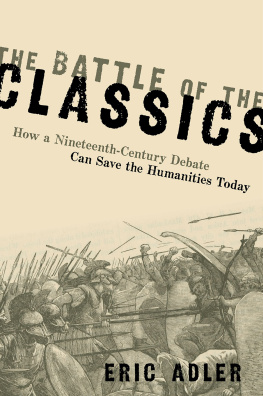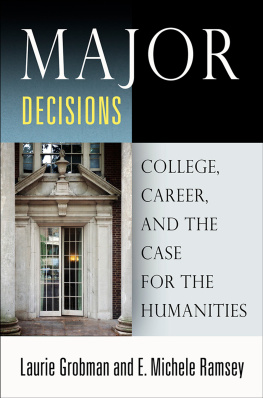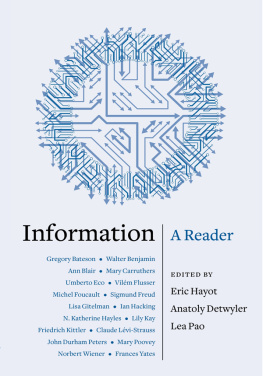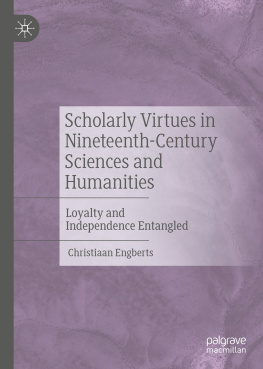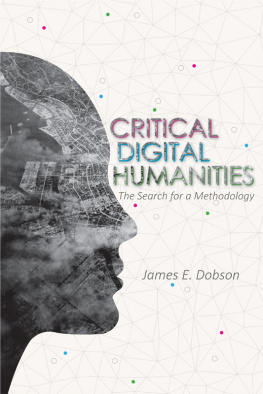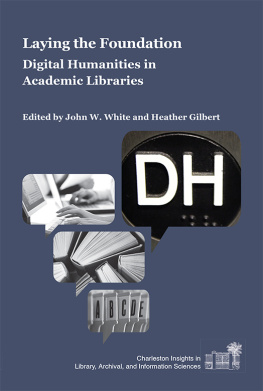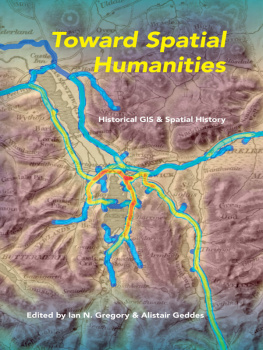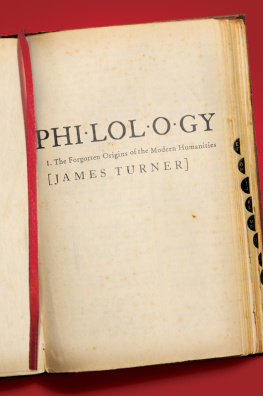The Battle of the Classics

Oxford University Press is a department of the University of Oxford. It furthers the Universitys objective of excellence in research, scholarship, and education by publishing worldwide. Oxford is a registered trade mark of Oxford University Press in the UK and certain other countries.
Published in the United States of America by Oxford University Press
198 Madison Avenue, New York, NY 10016, United States of America.
Oxford University Press 2020
All rights reserved. No part of this publication may be reproduced, stored in a retrieval system, or transmitted, in any form or by any means, without the prior permission in writing of Oxford University Press, or as expressly permitted by law, by license, or under terms agreed with the appropriate reproduction rights organization. Inquiries concerning reproduction outside the scope of the above should be sent to the Rights Department, Oxford University Press, at the address above.
You must not circulate this work in any other form and you must impose this same condition on any acquirer.
Library of Congress Cataloging-in-Publication Data
Names: Adler, Eric, 1973 author. | Oxford University Press.
Title: The battle of the classics : how a nineteenth-century debate can
save the humanities today / by Eric Adler.
Description: First Edition. | New York : Oxford University Press, 2020. |
Includes bibliographical references and index.
Identifiers: LCCN 2020018926 (print) | LCCN 2020018927 (ebook) |
ISBN 9780197518786 (Hardback) | ISBN 9780197518809 (ePub) |
ISBN 9780197518793 (updf) | ISBN 9780197518816 (online)
Subjects: LCSH: Classical educationUnited States. |
Education, HumanisticUnited States. | Culture conflictUnited States.
Classification: LCC LC1011 .A319 2020 (print) | LCC LC1011 (ebook) |
DDC 370.1120973dc23
LC record available at https://lccn.loc.gov/2020018926
LC ebook record available at https://lccn.loc.gov/2020018927
For Callie, Julian, and Lili
Contents
In the course of researching and writing this book, I have benefited from the help of many people. Especially since the book is an interdisciplinary project, I was exceedingly fortunate that experts from various disciplines generously agreed to read and comment on portions of the manuscript: Teresa Bejan, Ward Briggs, Roger Geiger, David Hoeveler, Calvert Jones, Jeremy Pienik, Robert Proctor, Claes Ryn, Rachel Singpurwalla, James Turner, and Katherine Wasdin. Their corrections and insightful suggestions have helped rescue me from numerous blunders and made this a much stronger work. It should go without saying that any remaining errors of fact or judgment are my own.
By no means does this exhaust the list of people to whom a debt of gratitude is owed. A variety of others aided the project in various ways. April Armstrong at the Seeley G. Mudd Manuscript Library at Princeton University digitized a portion of a Princeton catalogue for me. Sabina Beauchard at the Massachusetts Historical Society helped grant me the right to reprint from the Charles Francis Adams, Jr., Papers there. Elizabeth Drumm graciously took the time to speak with me about the controversy surrounding Reed Colleges Hum 110 course. Ethan Hutt and Campbell Scribner made many useful bibliographical suggestions. Roosevelt Montas sent me data on Columbia Universitys core curriculum. James Barondess, Laura Papish, and Akira Yatsuhashi offered suggestions for . Robert Proctor selflessly sent me a portion of the manuscript on which he was working; over the years I have profited enormously from reading Bobs excellent work and from having the good fortune to speak and correspond with him. The staff of the Harvard University Archives was extraordinarily helpful and gracious; Id particularly like to thank Virginia Hunt, who offered permission to print portions of the Irving Babbitt Papers housed at the Archives.
Claes Ryn deserves special mention as an unfailing mentor. The foremost interpreter of Irving Babbitt, he agreed to meet with me a few years ago to discuss Babbitts thought and has been an indefatigable supporter ever since. Claes also allowed me to reprint in and the Neoliberal Curriculum, Humanitas31.12 (2018): 11325; another article, Was Irving Babbitt an Educational Counterrevolutionst?, is forthcoming from the same journal and contains earlier versions of some material also found in this book. I am greatly indebted to him for all his efforts.

